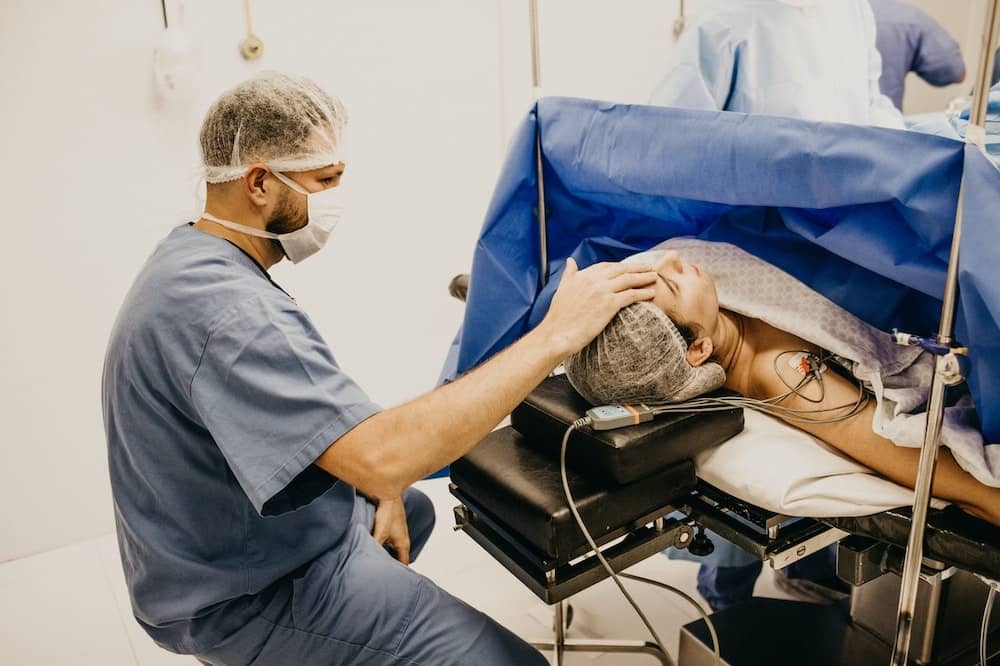There are a variety of reasons certain patients have difficulty undergoing general anesthesia in preparation for surgery. Some may have had a negative reaction to anesthesia in the past. Others may fear it for a variety of reasons. Several hundred surgeries in the 19th century were performed using hypnosis when anesthesia was not available, according to a publication in the National Library of Medicine, Hypnosis and Anesthesia: back to the future. The medical profession moved away from this practice. However, in recent decades, hypnosis for sedation has become a good alternative. The important part to understand is that under hypnosis, the person remains in control. The person will only do things that are in line with their values and beliefs.
In fact, the administration of anesthesia or pain medication is available if needed. What some may not be aware of is that the general anesthesia can actually diminish the immune system. This in turn impacts recovery.
Hypnosis for Sedation
Although it is a not a very common practice to introduce hypnosis for sedation before surgery, it has become used in recent decades within the United States. In fact, its benefits have become more popular within the medical field. Hypnosis allows for the patient to relax which is very effective in managing pain and anxiety, two major factors that affect patients before and during surgery.
The patient is being observed for any signs of distress once guided into hypnosis. They look at changes in breathing and check to make sure they are comfortable through the procedure. The patient follows instructions to focus on a spot, close your eyes and visualize a calming, happy memory. Then one thinks about that experience throughout the procedure. The hypnotherapist will continue to provide instructions and prompt you to observe the scene while guiding you. The goal is to remain relaxed and in a calm state. The patient may have the option at any point to elect general anesthesia.
Hypnosis In Hospitals in Europe and United States
Hypnosis for sedation has been used for minor surgeries like hernia repairs and partial mastectomies for many decades in Europe. In the US, part of the reason it’s less common has to do with insurance coverage. More United States hospitals have been moving toward utilizing hypnosis because of its benefits in dealing with anxiety and pain. As an example, Houston’s MD Anderson Cancer Center began using hypnosis a couple of years ago for certain biopsies and biopsy procedures for a random group of patients. All 60 patients felt positive about their experience with hypnosis. The vast majority indicated they would use it again.
Hypnosis for Pain
When you understand where pain stems from, it becomes easier to understand why hypnosis is effective for pain management. Your perception of pain starts in the brain and how it feels varies from person to person. Hypnosis allows for a change in perception of the pain. At Stamford, they offer hypnosis classes to patients that focus on a range of medical issues like managing pain, stress related neurological conditions and the side effects for cancer patients.
Will hypnotherapy replace anesthesia?
Hypnosis has been around for centuries and in the last couple of decades is being utilized by some as an alternative to general anesthesia or as a combination of local anesthesia and hypnosis for sedation. The feedback has been positive. More and more hospitals are considering it as an intriguing alternative. In general, data supports the effectiveness of hypnosis for anxiety, pain management, stress and to help lessen side effects of certain medical conditions. Will hypnotherapy replace anesthesia? Not yet, but there are times where it can be an excellent alternative.

